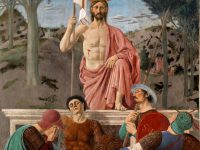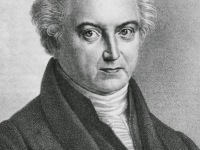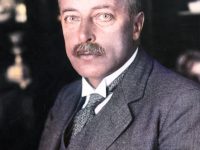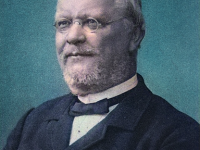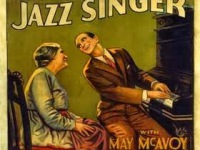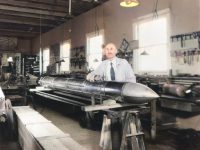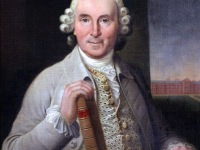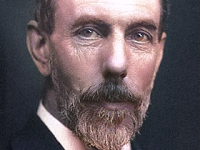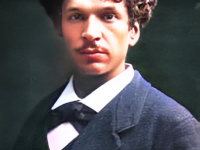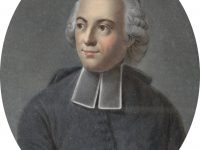Piero della Francesca and the Use of Geometric Forms and Perspective
On October 12, 1492, Early Renaissance painter Piero della Francesca passed away. His painting is characterized by its serene humanism, its use of geometric forms and perspective. Piero della Franchesca – Early Years Piero della Franchesca probably spent his education and youth in Florence, where in the 1430s a bright, pastel coloration was cultivated, which was also propagated by Leon Battista Alberti in his painting treatise (trattato della pittura) in 1435. Above…
Read more

